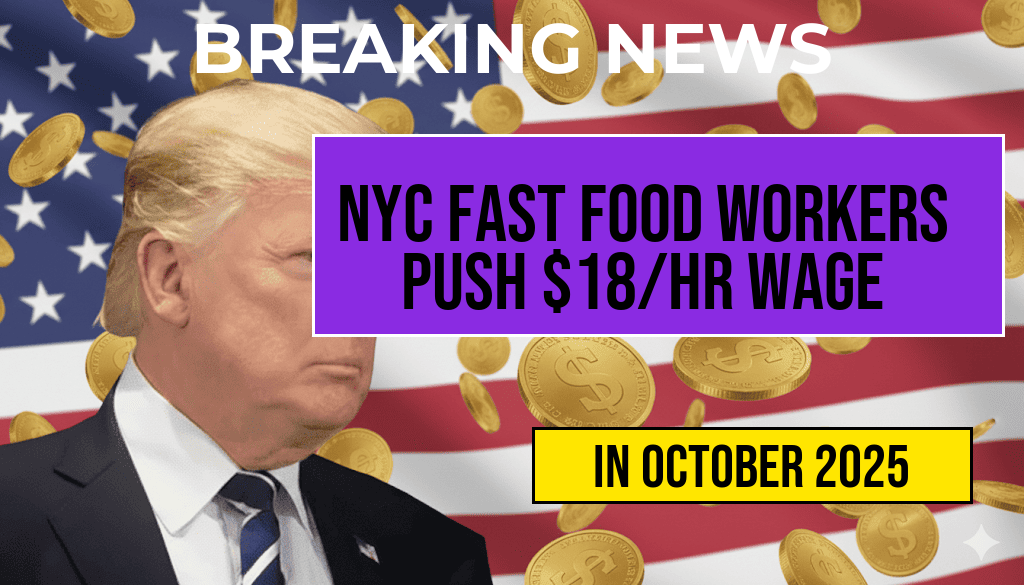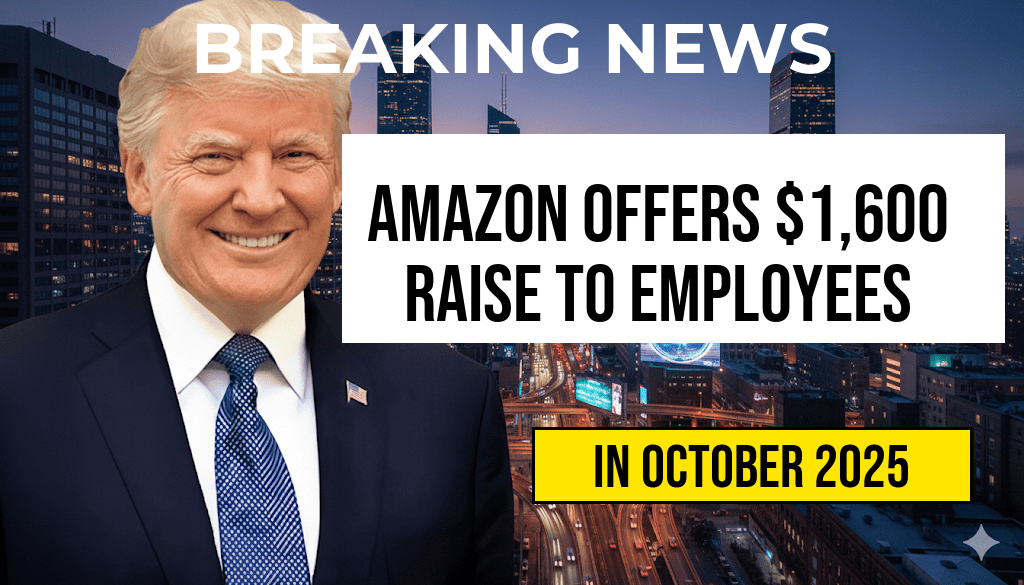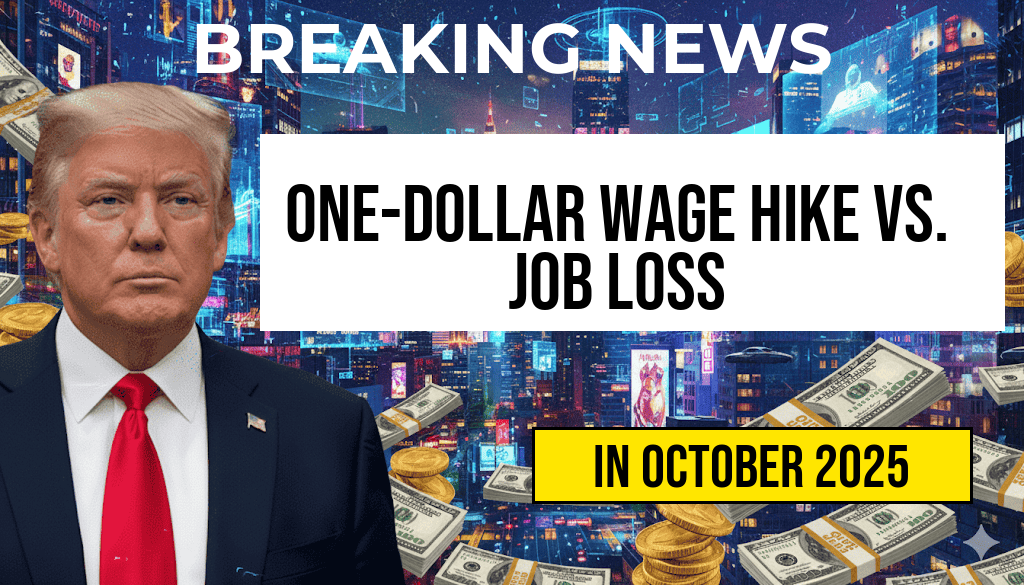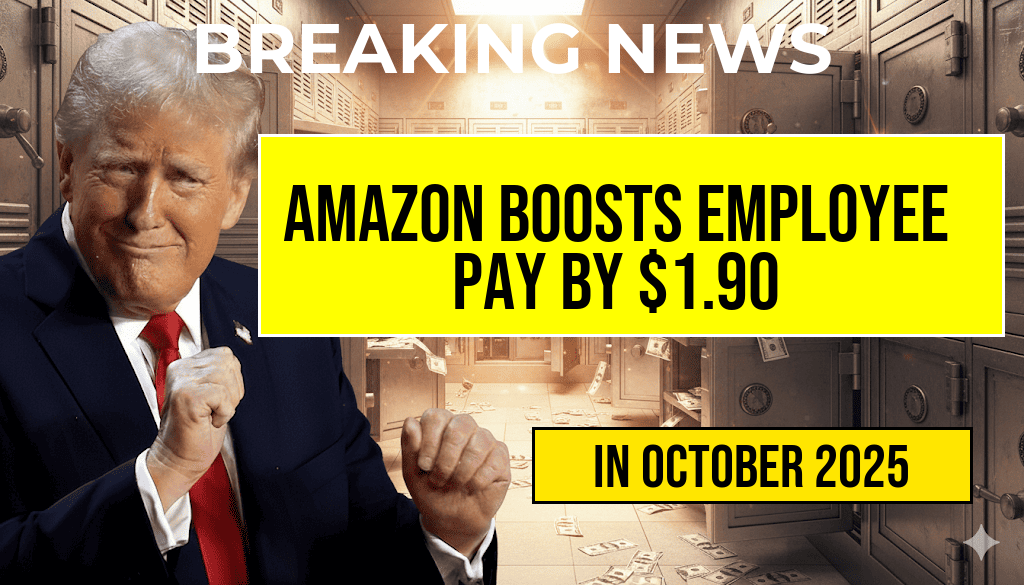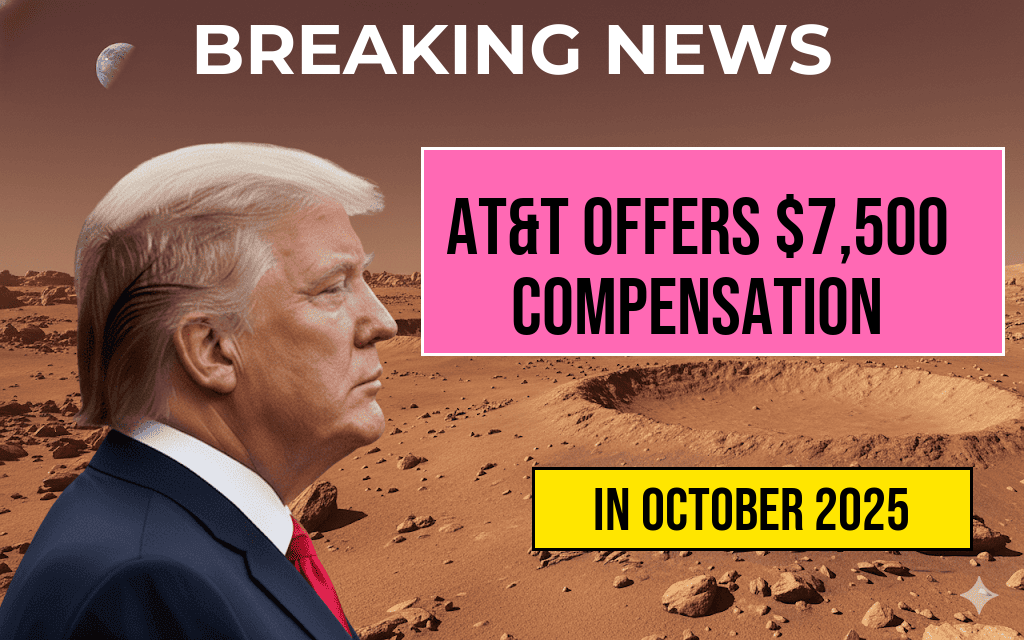Fast food workers across New York City are escalating efforts to secure an $18 an hour minimum wage, citing rising living costs and demanding fair compensation for their labor. The movement, led primarily by employees in prominent chains and supported by local advocacy groups, aims to reshape wage standards in one of the nation’s most expensive urban environments. Workers argue that current wages fall short of covering basic expenses like housing, transportation, and healthcare, especially as inflation continues to influence everyday costs. As negotiations and protests gain momentum, city officials and industry representatives face mounting pressure to address these demands amid broader debates over wage equity and economic recovery.
Background of the Wage Movement in NYC
New York City has long been at the forefront of minimum wage debates, with recent legislation raising the baseline to $15 an hour for some sectors. However, fast food employees say that this increase still leaves many struggling to meet their needs. In recent months, organized protests, walkouts, and petitions have amplified their call for a higher minimum wage—specifically, $18 an hour, which workers say aligns more closely with the city’s living costs. The movement reflects a broader push across the United States advocating for living wages that keep pace with inflation and urban expenses.
Workers’ Perspective and Economic Challenges
Living Costs and Wage Adequacy
- Housing: Rents in NYC have surged by over 20% in the past two years, with the average rent surpassing $3,000 for a one-bedroom apartment.
- Transportation: Monthly subway and bus fare costs $127, adding to daily expenses.
- Healthcare and Other Necessities: Rising healthcare premiums and utility bills further stretch workers’ budgets.
Many fast food employees contend that earning $15 an hour does not provide enough to cover these essentials, especially for those supporting families or living alone in high-cost neighborhoods. “I work full-time and still struggle to pay my rent,” says Maria Lopez, a Brooklyn-based fast food worker. “$18 an hour would make a real difference.”
Industry Response and Economic Implications
Business Perspectives
Restaurant chains and franchise owners have expressed mixed reactions to wage increase proposals. Some cite increased labor costs as a potential threat to profitability and competitiveness, especially amid ongoing economic uncertainties. A spokesperson for a major fast food corporation stated, “While we recognize the importance of fair wages, significant increases could lead to higher prices and reduced employment levels.” Conversely, others suggest that better wages could improve employee retention and service quality, ultimately benefiting the industry long-term.
According to recent reports, the fast food sector in NYC employs thousands, with many workers earning near or below the current minimum wage. The debate revolves around balancing fair compensation with economic sustainability, particularly as small businesses face mounting operational costs.
Policy Developments and Advocacy Efforts
Local Government and Union Initiatives
| Stakeholder | Position |
|---|---|
| City Council | Considering legislation to increase minimum wages for fast food workers to $18 an hour |
| Fast Food Chains | Express concerns over wage hikes impacting margins and employment levels |
| Worker Advocacy Groups | Campaigning for a $18 minimum wage as a step toward economic justice |
| Labor Unions | Supporting worker-led initiatives and collective bargaining efforts |
Progressive city officials have introduced proposals to elevate the minimum wage for fast food employees, emphasizing the need for equitable pay to combat economic disparities. The NYC Council’s efforts are aligned with statewide initiatives, although legal and political hurdles remain. Advocates argue that a higher minimum wage could reduce reliance on public assistance programs and boost local economies through increased consumer spending.
Broader Context and Future Outlook
Nationally, the push for a livable wage has gained significant traction amid economic recovery efforts. The Fight for $15 movement, which originated in New York City, has inspired similar campaigns across multiple states, advocating for wages that reflect current living costs. Experts suggest that as public awareness rises, policymakers may face increased pressure to implement wage hikes that benefit workers without destabilizing the industry.
However, balancing these competing interests will require careful policy design. Some suggest that phased increases, tax incentives for small businesses, and targeted subsidies could mitigate potential negative impacts while ensuring workers receive fair pay.
For now, fast food workers in NYC remain determined to press their case, with ongoing protests scheduled in multiple boroughs. The outcome of these efforts could influence wage standards in other urban centers and set a precedent for equitable compensation across the fast food industry nationwide.
Sources: Wikipedia – Wage labor, Forbes
Frequently Asked Questions
What is the main goal of New York fast food workers’ advocacy efforts?
The primary goal is to advocate for an $18 an hour minimum wage for fast food workers in New York City to ensure fair compensation and improved living standards.
Why are fast food workers in New York City demanding higher wages?
Fast food workers are demanding higher wages to address low pay that often fails to cover basic expenses, and to recognize their hard work and contributions to the city’s economy.
What actions are fast food workers taking to support their wage increase campaign?
Workers are participating in protests, walkouts, and advocacy campaigns to raise awareness and pressure policymakers to implement the $18/hour minimum wage.
How could a higher minimum wage impact fast food workers and the local economy?
A higher minimum wage could improve workers’ livelihoods, reduce economic inequality, and stimulate local spending, though some concerns exist about potential effects on business costs.
Are there any existing minimum wage laws for fast food workers in New York City?
Currently, New York City has a statewide minimum wage that applies to fast food workers, but advocates are pushing for an adjustment to $18 an hour to reflect the cost of living and fair compensation.

